 Shapes Activities
Shapes Activities
Activities come in all shapes and sizes. Lots of activities to teach shapes here!
-

- Activity Title
- ?
Topic or Theme
Identifying letters in a child's name and listen to ABC (The Alphabet Song)

-
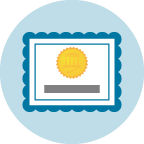
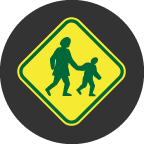
First Name
Brief description of activity or summary of tasks and/or materials used.
-

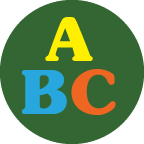
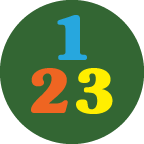
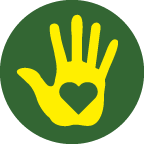

-
- Shapes
- 02
Triangle
Read book "The Greedy Triangle" and name shapes
-
Triangle
Read book "The Greedy Triangle" and name shapes
-




-
- Shapes
- 02
Star
Making star-shaped sandwiches
-
Star
Making star-shaped sandwiches
-



-
- Shapes
- 03
Heart
Learning letters H & P
-
Heart
Learning letters H & P
-




-
- Shapes
- 02
Oval
Transforming shapes using pipe cleaners/rubber bands
-
Oval
Transforming shapes using pipe cleaners/rubber bands
-



-
- Shapes
- 03
Review
Shape activity with sandwiches
-
Review
Shape activity with sandwiches
-



-
- Shapes
- 02
Review
Following directions while practicing a shape activity
-
Review
Following directions while practicing a shape activity
-




-
- Shapes
- 03
Circle
Using tracing and matching skills
-
Circle
Using tracing and matching skills
-


-
- Shapes
- 02
Review Circle and Square
-

Review Circle and Square
-

-
- Shapes
- 03
Review Circle and Square
Using target word while reviewing shapes
-

Review Circle and Square
Using target word while reviewing shapes
-



-
- Shapes
- 03
Triangle
Getting "physical" with shape challenge
-
Triangle
Getting "physical" with shape challenge
-


-
- Shapes
- 02
Heart
Read "My Very First Book of Shapes" and play a game with a deck of cards
-
Heart
Read "My Very First Book of Shapes" and play a game with a deck of cards
-




-
- Shapes
- 02
Circle
Learning to trace and draw circle
-
Circle
Learning to trace and draw circle
-


-
- Shapes
- 02
Review
Coloring within the lines while learning shapes
-
Review
Coloring within the lines while learning shapes
-




-
- Shapes
- 03
Oval
Drawing shapes
-
Oval
Drawing shapes
-




-
- Shapes
- 03
Star
S is for stars, stickers and a song "Twinkle, Twinkle, Little Star"
-
Star
S is for stars, stickers and a song "Twinkle, Twinkle, Little Star"
-


Activity Skills Focus
1 Social / Emotional Skills
Skills that develop children’s ability to understand the emotions of others and help children recognize and use appropriate social behaviors (for example, making friends). In the Department of Education report “Guiding Principles A Resource Guide for Improving School Climate of January 2014 it states “strategies such as social-emotional learning programs that address non-cognitive skills, including problem-solving, responsibility and resiliency, can also help students develop the skills needed to fully engage and thrive in the learning environment.”
2 Language Skills
Skills that help children understand and communicate during early childhood. The alphabetic principle (knowing letter names and sound-letter matches) aids in language development and is enriched by verbal interactions with other children and adults (reading aloud and engaging in conversation).
View all Language Skills Activities
3 Math / Science Skills
Math and Science skills help children with problem-solving and reasoning. Exploring numbers, patterns, and measurements by using math manipulatives (beads, counters, pennies) are all ways children develop their math skills. Asking questions about their surroundings, learning a science vocabulary (predict, observe), and having hands-on experiences with their environment can help develop their science skills.
4 Motor Skills
Motor skills are actions that involve the movement of muscles in the body. They are divided into three groups:
1. gross motor skills, which are the larger movements of arms, legs, feet, or the entire body (crawling, running, and jumping)
2. fine motor skills, which are smaller actions, such as grasping an object between the thumb and a finger (pencils or scissors)
3. sensorimotor skills which use the five senses to guide physical motions as in eye-hand coordination.
View all Motor Skills Activities
5 Problem Solving Skills
Skills that help with the construction of thought processes, including memory, problem-solving, and decision-making.
